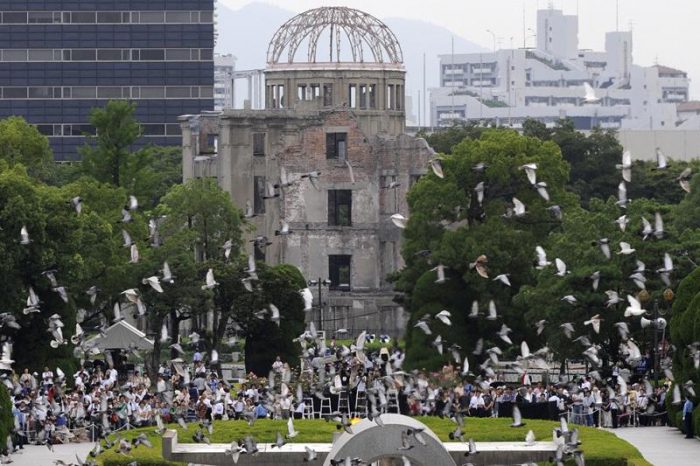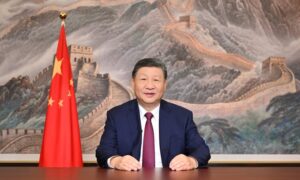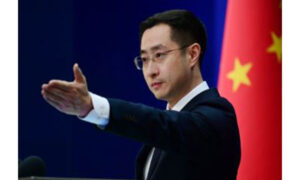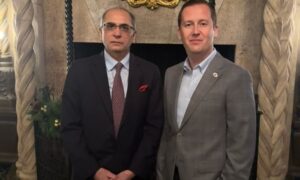
File Picture
This is a date world and Japan will never ever forget – August 6, 1945. On this day U.S. dropped a atom bomb on Japan. Its attack on twin cities namely Hiroshima, killed 140,000 people, and the bombing of Nagasaki killed more than 70,000 three days later, leading to Japan’s surrender and ending World War II.
Today in 1945: U.S. B-29 #bomber Enola Gay drops the first #atomic bomb in battle known as “Little Boy” on #Hiroshima, #Japan, killing ~70,000 people immediately and thousands more later due to radiation exposure. #EnolaGay #history #OTD pic.twitter.com/XL514s1MBY
— Today In History (@URDailyHistory) August 6, 2018
Hiroshima marked the anniversary of the Aug. 6, 1945, atomic bombing with a somber ceremony to remember the people killed and injured and a call to eliminate nuclear weapons amid hopes of denuclearizing North Korea.
Japan marks 73rd anniversary of US nuclear bombing of #Hiroshima#USNuclearBombing #Nagasaki pic.twitter.com/HUSFf5QLxe
— Press TV (@PressTV) August 6, 2018
Mayor Kazumi Matsui opened his peace address by describing the hellish scene of the blast that morning 73 years ago and the agony of the victims, telling the audience to listen “as if you and your loved ones were there.” He raised concerns about the rise of egocentric policies in the world and warned against the idea of nuclear deterrence as a threat to global security. Mr. Matsui urged leaders to steadily work toward achieving a world without atomic weapons.
“Certain countries are blatantly proclaiming self-centered nationalism and modernizing their nuclear arsenals, rekindling tensions that had eased with the end of the Cold War,” Mr. Matsui said, without identifying the countries. Nuclear deterrence and nuclear umbrellas are “inherently unstable and extremely dangerous” approaches that seek to maintain international order by only generating fear in rival countries, he said, urging world leaders to negotiate in good faith to eliminate nuclear arsenals instead.


















